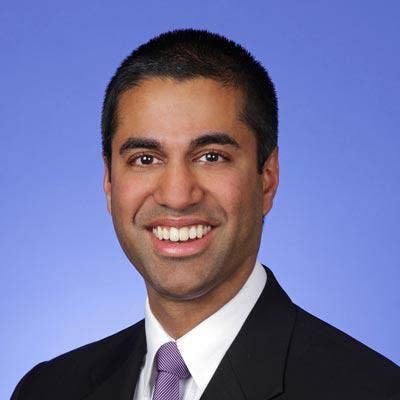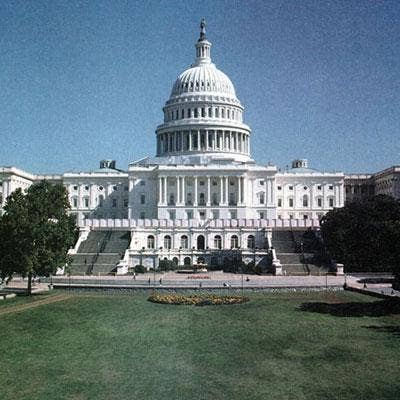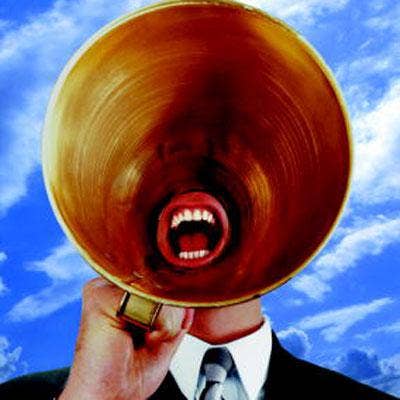The Clock Has Run Out On Net Neutrality: What To Expect Now
Time's Up
The Obama-era Net Neutrality regulations expired Monday. At their core, the 2015 Net Neutrality rules put in place by former Federal Communications Commission Chairman Tom Wheeler stopped internet providers from throttling or blocking traffic or offering paid prioritization, or "fast lanes," for traffic. The rules also reclassified these providers as Title II, or common carriers, allowing the internet to be regulated as a public utility in the same way that telephone service, electricity and running water are treated.
Members of the Senate, as well as advocacy groups, are slated to sue for the regulations to be restored. But if no changes come, here are some of the impacts solution providers can expect to see moving forward.

What's Changed?
The FCC, now led by Republican chairman Ajit Pai (pictured), published its repeal of the 2015 Net Neutrality rules into the Federal Register in December. With the 2015 regulations running out Monday, Pai's new rules return ISPs to a "light touch" regulatory environment.
With Net Neutraility out of the picture, these providers are no longer considered common carriers and can potentially block and throttle traffic from other internet or content providers, such as Google and Facebook. However, these providers would have to disclose to users how they handle web traffic under Pai's rules. The new approach also hands responsibility for enforcing violations off to the Federal Trade Commission, a sister agency to the FCC.
What Could The Internet Look Like?
Cable companies have been making deals with content providers such as Netflix, Hulu and Amazon for years to improve delivery. However, the rollback of Net Neutrality rules could involve service providers creating these fast lanes to more quickly deliver content -- for an extra fee -- for the website or content provider. Without the regulations, carriers could potentially begin blocking content as well. Advocacy groups say that internet bills will likely see an increase for both consumers and business users as content providers are charged more by the carriers. However, many industry pundits don't believe that slow or blocked traffic, or higher fees for end users, will materialize overnight.

Potential Pushback
Congressional Democrats in February introduced a measure to overturn the FCC's plan to repeal Net Neutrality rules. In May, the U.S. Senate voted 52 to 47 in favor of protecting Net Neutrality regulations. Right now, Democrats need less than 50 votes to advance its cause to the House of Representatives. However, the House's Republican leadership hasn't shown interest in voting on a different resolution for the 2015 Net Neutrality regulations.
So far, more than 20 states have sued the FCC to stop the repeal. A federal appeals court in Washington is expected to hear the case in the coming months.

Channel Opinions
Some solution providers in 2017 voiced concerns around the rollback of Net Neutrality. They told CRN that a repeal could threaten cloud services in particular, because broadband providers under lighter regulation may not be motivated to deliver software applications, cloud services and other broadband-dependent services with the same quality of service as before. These providers could also potentially give preference to competitors paying for exclusive access for fast lanes in which to deliver their services.
Other solution providers, however, don't necessarily believe that incumbent telecom providers will use the new regulatory environment to block out competition, specifically, smaller companies. However, solution providers acknowledge that providers would have the room to raise prices on bandwidth used by third parties.